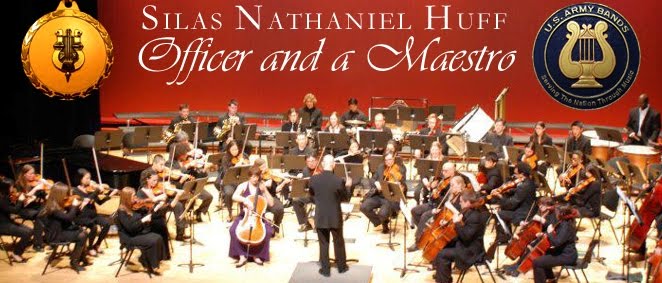If you are dying to make an orchestra and were trying to follow my blog, you were probably frustrated because I fell off the face of the earth for a while. Well, your patience has paid off. Today's lesson is a big one.
Lesson 2: Don't start an orchestra (or any other non-profit corporation) 6 months before the worst recession in 70 years. It seems like a no-brianer, but I really didn't see it coming.
An orchestra, as I pointed out before, is a business, a non-profit organization, also known as a charity (legally known as an IRS 501c3 organization), just like a museum, church, or private university. All charities operate on the good graces of generous people. An orchestra is an expensive venture that really doesn't create a lot of money. Because of the sheer size of the ensemble (up to 100 musicians!), productions costs are high, and "earned income" (ticket sales) do not cover 1/4 of the expenses. Private philanthropy is necessary. Even large museums that charge $20 for entry and have thousands of visitors, and private universities that charge $30K a year in tuition and have thousands of students, rely on donations and private philanthropy top stay afloat, fund new programs, build and expand their facilities, and compensate their employees appropriately.
So when an economic crisis hits, those of us who work for non-profits get nervous, even scared. In the last 3 months, dozens of orchestras and opera companies all over America have canceled concerts, laid off employees, and cut programs; many have gone out of business altogether. Even the mighty Metropolitan Opera in NYC (annual operating budget approx. $200 million) is tightening its belt and canceling its most expensive productions this season.
For me, the effects of the recent disastrous downturn in the economy were immediate and terrible. In October, the Astoria Music Society (NYC), of which I am the music director, got it's public funding cut. individual donations were down 65% from the same time last year. Ticket sales suffered. Audiences shrunk. Our income was slashed dramatically. Our future concerts were put in jeopardy. The board of directors held an emergency meeting to decide what to do. We decided to do something a little silly: we'd explain to the public at large that we're running out of money, then we'd ask everyone we know to make a small donation - $10 or $20.
Also in October, the newly formed Round Rock Symphony (TX), of which I am the music director, was trying to launch it's inaugural season. As the first concert date approached, the staff and board of directors realized we were not going to have enough money in hand to hold the event. What would we do? We decided to perform the concert, not knowing if it would be a financial catastrophe or not.
Here's what happened:
In NYC, music-lovers responded loudly. Many people I never imagined donating money made small gifts. Dozens of people donated $50 or $75 or $100. A handful donated $200, $500, or more. Many of the orchestra members themselves made donations. They saved our Holiday concert!
In Round Rock, a large, enthusiastic, and generous crowd of music-lovers showed up for the Round Rock Symphony's Inaugural Concert. Ticket sales alone nearly covered the expenses for the concert, but after the concert, as they left the venue, many audience members stuffed cash or checks into a donation jar at the box office. These people demonstrated that they loved music so much that they wanted this orchestra to succeed, despite the current economic times.
The lesson to take away from these anecdotes is this: music-lovers are more generous than we think. An honest appeal to good people will often yield unexpected good results. And don't start an orchestra in the middle of a recession.
To make a small donation to the Astoria Music Society, click here.
To make a small donation to the Round Rock Symphony, click here.
